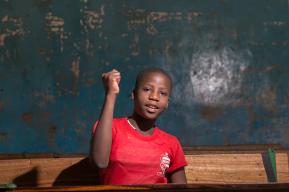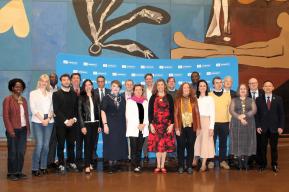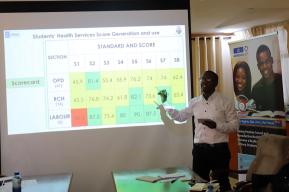
Health and education
Education has the power to transform the lives of children and young people, and the world around them. At UNESCO, inclusive and transformative education starts with healthy, happy and safe learners. Because children and young people who receive a good quality education are more likely to be healthy, and likewise those who are healthy are better able to learn and complete their education.
Guided by the UNESCO Strategy on education for health and well-being, UNESCO works to improve the physical and mental health, well-being and education outcomes of all learners. By reducing health-related barriers to learning, such as gender-based violence, gender inequality, HIV and sexually transmitted infections (STIs), early and unintended pregnancy, bullying and discrimination, and malnutrition, UNESCO, governments and school systems empower learners to understand their rights, learn better and lead fulfilling lives.
Key figures










